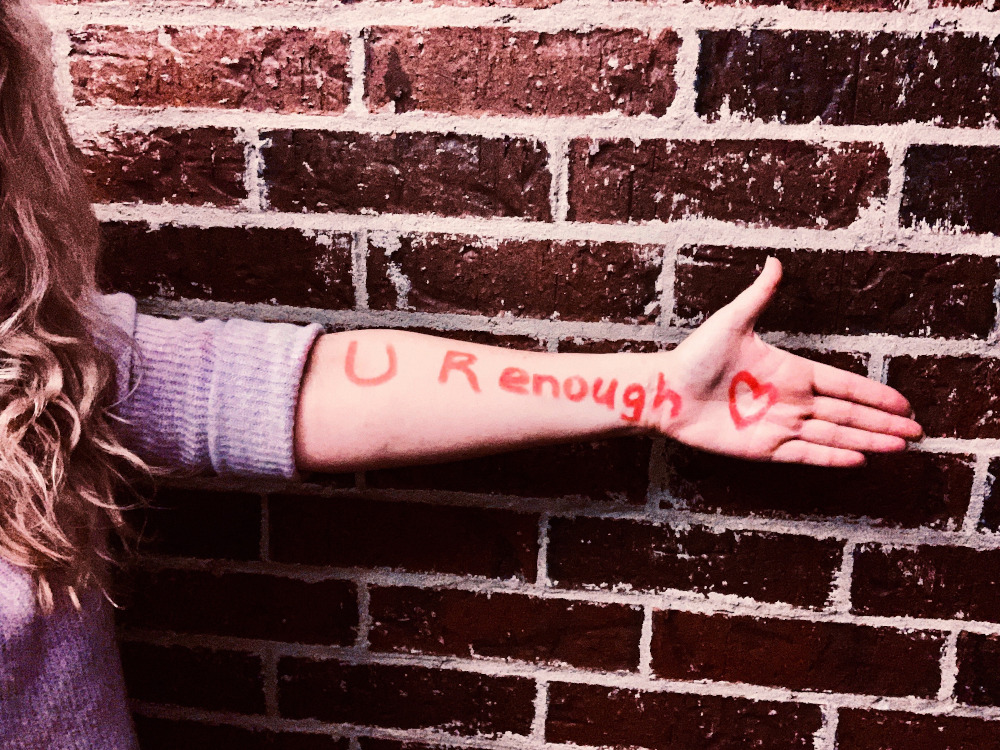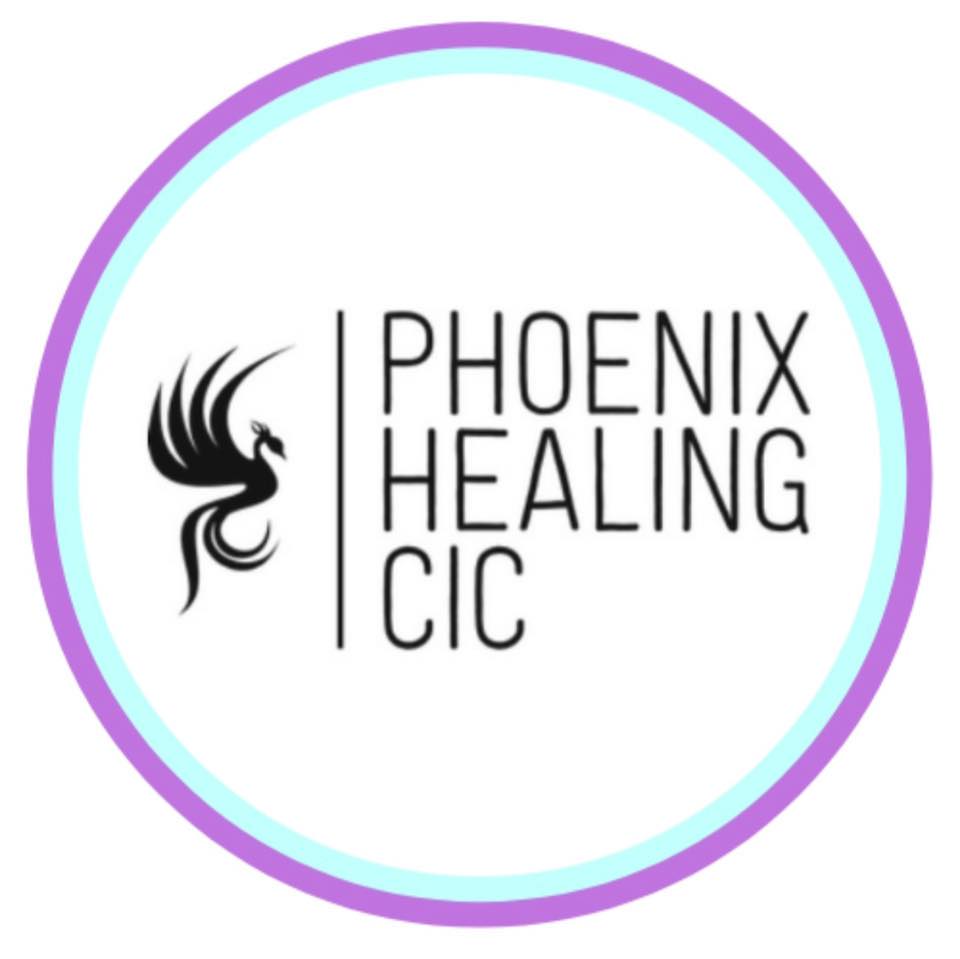What is Domestic Abuse?

The Government definition of domestic violence and abuse is: ‘Any incident or pattern of incidents of controlling, coercive or threatening. behaviour, violence or abuse between those aged 16 or over who are or have been intimate partners or family members regardless of gender or sexuality.’
Children are victims of domestic abuse if they see, hear, or experience the effects of the abuse, and are related to either of the parties over 16 years old.
Abuse is all about an imbalance of power and control, and abusive people often use their privilege to gain power and control. Privilege is when you are in a more powerful position in society because of an inherent feature, like your gender or ethnicity.
Anybody can be affected by domestic abuse, but there are factors which make some people more vulnerable, for example:
- Women are much more likely to be victims of domestic abuse.
- Disability makes people more vulnerable.
- Being pregnant makes you more likely to be a victim of domestic abuse, and abusive relationships often get worse and more dangerous when you are pregnant.
- If you are isolated from family and friends (eg moved to a new area) you are vulnerable to domestic abuse (hence most abusers work to isolate you from your support networks).
- You are extremely at risk in the period where you are in the process of leaving an abuser – both from the abuser who will often escalate the abuse as he sees his control diminishing, and from other abusers seeing your vulnerability and taking advantage. It is always advisable when considering leaving an abusive relationship to seek support from an organisation who can help you to create a safety plan to leave. Links to what a safety plan needs to involve can be found on this link…… https://www.womensaid.org.uk/the-survivors-handbook/making-a-safety-plan/
